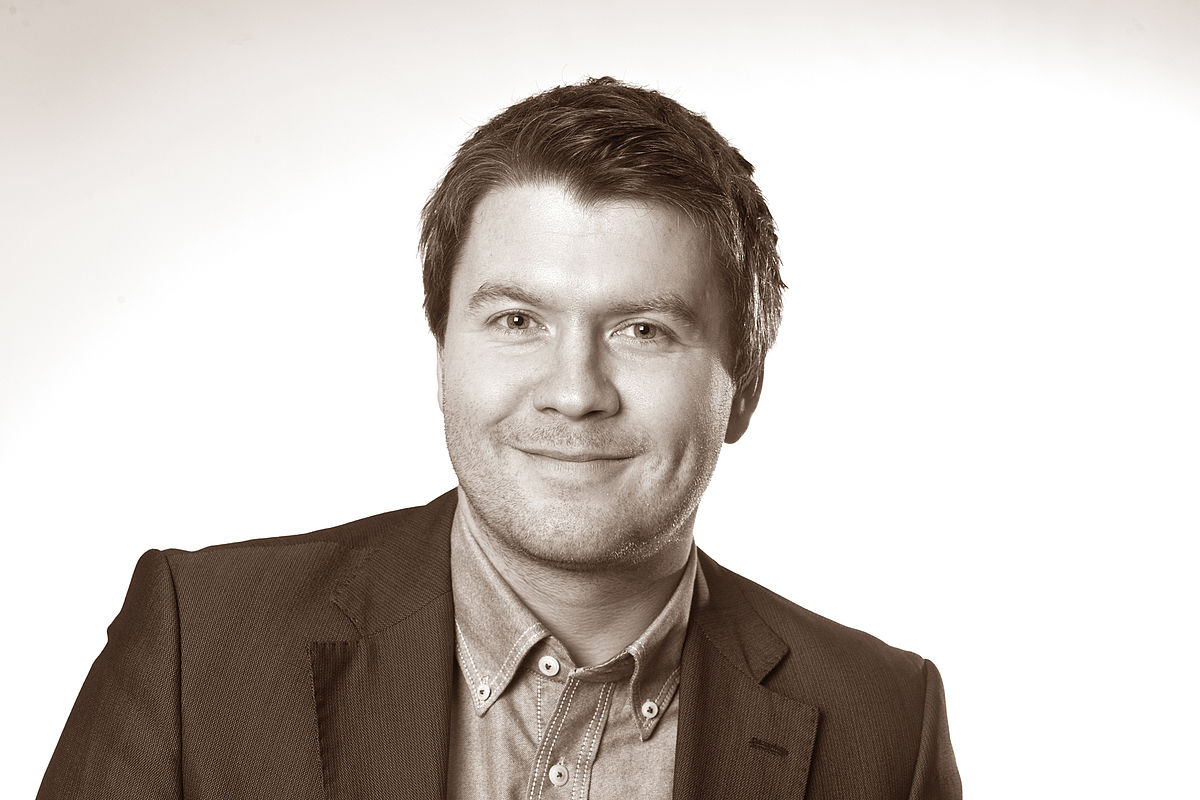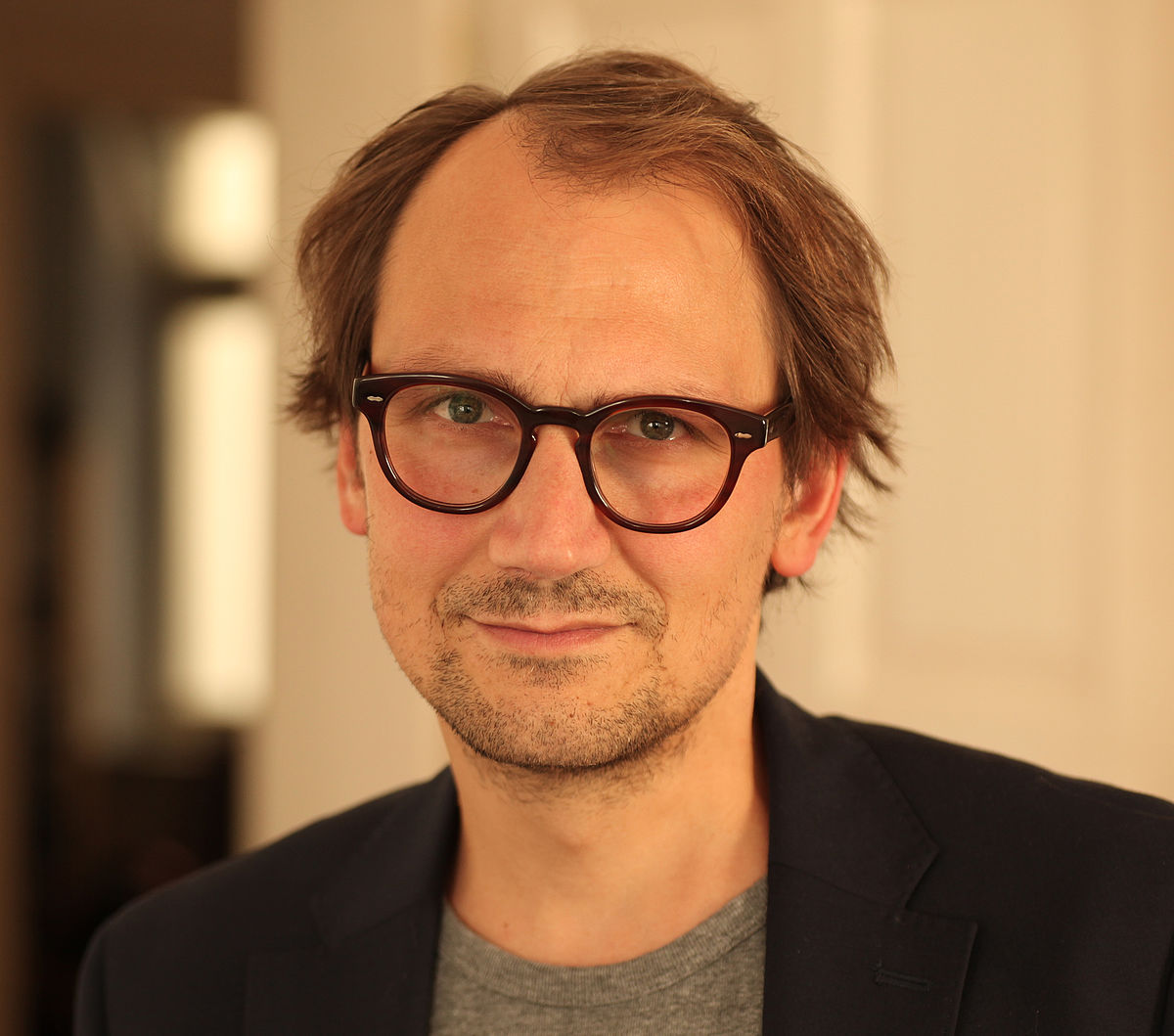How are our perceptions of the world reflected by the media? What pictures do they convey of people, society and reality – and what happens when this reality is shattered? These are questions that have preoccupied cultural scientists Associate Professor Dennis Gräf and Dr. Martin Hennig of the University of Passau for some time. Their most recent study ‘Die Verengung der Welt’ focusses on the way German media have framed the Covid-19 pandemic. By scrutinising two programme series, ‘ARD Extra – Die Corona-Lage' and 'ZDF Spezial', Dennis Gräf and Martin Hennig show how journalistic formats construct images of the world. In response to their work and taking all media types into consideration, a lively debate has sprung up on journalists' responsibilities and self-perception in times of crisis.
‘As cultural scientists, we are concerned with the way various media products present images of the world and society. In them we find clues as to how a culture perceives itself. In view of the ongoing and unprecedented situation, which has held sway since the spring of 2020, an urgent research question was to investigate the effects of the pandemic on social self-awareness', says Dr. Martin Hennig, a post-doctoral member of the Research Training Group entitled ‘Privacy and Digitalisation’ at the University of Passau.
Together with Associate Professor Gräf at the Chair of German Literature and Film, he speaks for the entire German cultural area when forming a critical opinion of the two special features: ‘ARD Extra – die Coronalage’ and ‘ZDF Spezial’. 'It was evident that the two public service formats, around 30 minutes in length and broadcast at peak viewing hours, would allow important conclusions to be drawn. At the same time, the programmes have assumed a central role in the social discourse on Covid-19'.
Over two months between mid-March and mid-May 2020, Gräf and Hennig examined more than 90 episodes of the two special features – paying attention to factors such as design and conception, informational content, choice of topics and contributors, the rhetoric used and the audio-visual staging. In their report, the co-authors were able to draw a series of conclusions about the way the two public service broadcasters reported the crisis. They summarised their findings in a telling phrase – The World Contracts:
- A crisis maintained through the rhetoric of crisis: Crisis is both the topic of and predominant narrative model of the programmes, they found. Visual imagery and language continually reaffirm the theme of crisis. Gräf and Hennig say that the issues arising from the respective themes 'are heightened to the point of presenting a completely negative view of the world. This is a phenomenon that is not so much about content as rhetoric' – and it has lent legitimacy to a spate of subsequent special feature programmes.
- The dominating principle is personal conduct: It is precisely through the portrayal of effects on private lives, on the family situation, that emphasis is laid on an ‘ideal conduct’, which in fact revolves around non-family values such as productivity, efficiency and the fulfilment of duty. 'Family life in the crisis degenerates into a sort of non-time; it has already lost some of its value as a result of not following the usual social norms', the study concludes.
- A tendency to link stories to the theme: Both researchers have identified aesthetic principles that 'point to the imagery of the apocalypse, the end of time' – for instance, pictures of deserted places and empty premises, and suggestions of 'the motif fed to us by thrillers about a race to develop a vaccine for an ominous virus'. Using a ZDF report on the situation in New York, the researchers give detailed examples to show how the usual documentary style is replaced by the type of staging more typical of a Hollywood blockbuster.
Based on the criteria they examined in the two series, Gräf and Hennig perceived a trend 'towards affirmation of state actions'. There was a distinct lack of in-depth criticism of political measures, in their view. 'This does not mean that we think the programmes subject themselves completely to a 'superior state': they do ask vital questions, of course', says Hennig. The basic assumption that the measures are proportionate, appropriate and targeted is rarely questioned, however.
'The study should not be seen as a criticism of public service broadcasting'
– A shared proviso
It is an express objective of the study, which has already seen more than 15,000 downloads on Researchgate, not to perform a normative evaluation of both formats or of their broadcasters. Yet both researchers have experienced a reaction in the media that focuses not on their academic findings but on seeing the study as a criticism of public service broadcasting.
'The study consists of an analysis of the rhetoric and strategies of the special reports', Gräf states. 'It asks us to take an academic view of, for instance, any relationships with the overall reporting by ARD and ZDF on the subject of the coronavirus'.
Both scientists are keen to point out, in an online posting, that they welcome an intellectual debate whether its participants are in agreement with their findings or reject them. 'What we do find ominous however are media statements that view our article not in terms of an academic contribution but as a socio-political or political opinion piece'.
It is not a matter, they say, of judging the media or recommending certain approaches, Gräf continues. 'Public service broadcasting must remain independent. But we should be able to pick apart, interpret and bring to light the textual structures that lie behind it'.
Read the full report on the University of Passau internet pages.
In coming weeks, the research piece will also appear in the magazine published by DFG Research Training Group Privacy and Digitalisation.
Text: Katrina Jordan




